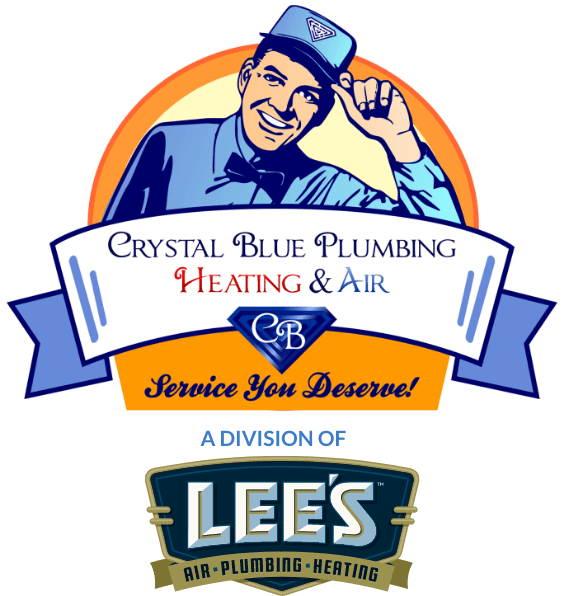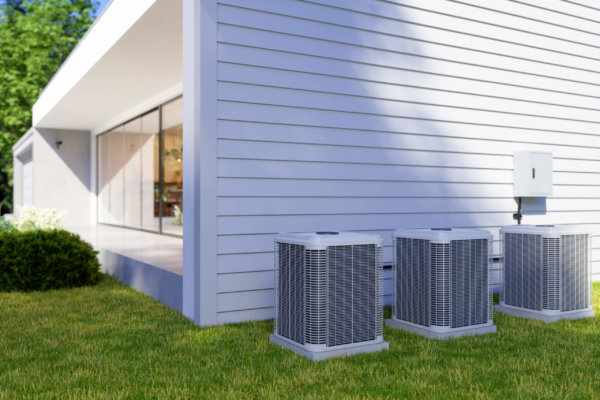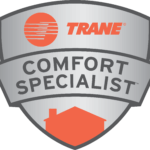The Impact of Solar Panels on Your Air Conditioning Efficiency
Solar energy has become a significant player in the renewable energy landscape, allowing homeowners to reduce their carbon footprint and lower their energy bills. Among the many household appliances that can benefit from solar power, air conditioning systems stand out due to their substantial energy consumption, especially during peak summer months. Let’s explore ways solar power can reduce cooling expenses and options for making your air conditioning as efficient as possible.
How Solar Panels Power Your Home’s Air Conditioning
Solar panels, or photovoltaic (PV) panels, convert sunlight into electricity. This process involves semiconductor materials, typically silicon, that release electrons when exposed to sunlight, creating an electric current. The electricity generated by solar panels is direct current (DC), which is then converted to alternating current (AC) via an inverter, making it usable for household appliances, including air conditioning systems.
Any solar power your home doesn’t use immediately can be sent back into the grid. In California, most utility companies offer net metering, which gives you credit for excess solar electricity. According to the California Public Utilities Commission, net metering can significantly offset your electricity costs by allowing you to “bank” your excess solar energy for future use.
Alternatively, you can invest in a solar battery storage system. However, these systems can be expensive to install, and maintenance costs are high because the batteries have a limited lifetime. It’s essential to weigh the benefits and costs of including battery storage in your solar setup. According to the US Department of Energy, solar panels will almost always pay for themselves within six to 10 years due to the savings on electricity bills. Solar batteries, on the other hand, often last only five to 15 years. This means that you may not always recoup the full amount you paid to install them unless your solar panels and battery storage are large enough to fully meet your electricity needs, eliminating reliance on the grid.
Without a solar battery bank, you will only be able to use the electricity from your solar panels during the day and only on fully sunny or partially cloudy days. Nonetheless, a sufficiently large solar system should be able to almost or entirely power your air conditioning during the hottest parts of the day when it runs the most.
It’s important to note that the power from the solar panels won’t be directly sent to your cooling system but will flow wherever it’s needed in your home. For instance, if you do laundry on a hot day, the electricity needed to run your washer and dryer in addition to your air conditioner’s power needs may exceed the amount produced by your solar system. In this case, your home’s electrical system would draw power from the municipal grid to make up the difference. Despite this, you can still significantly reduce the electricity costs of cooling your home. A professional can perform an energy audit to help you determine the solar system size needed to reduce your cooling costs significantly and assess if this option is viable for your property.
Does Solar Power Make a Difference in AC Efficiency?
Another thing to be aware of if you’re considering running your air conditioning off solar power is that it will make zero difference in how efficiently your cooling system works. Although you may have heard or read claims to the contrary, they simply aren’t true.
Energy efficiency for air conditioners is measured by the SEER2 (seasonal energy efficiency ratio 2) rating, which indicates how much electricity an air conditioner uses to cool your home. The source of the electricity, whether from solar panels or the grid, does not affect the AC’s efficiency. Electricity is electricity, regardless of its origin.
Even though solar panels can’t improve the efficiency of your air conditioning, the fact that they can save you so much money makes them one of the best-performing investments you can make in your house. This is especially true if you have a heat pump instead of a standard central air conditioner. In this case, you’ll also be able to use your solar system to offset much of the power used to heat your home during the winter months.
Effective Options for Improving AC Efficiency and Lowering Energy Costs
In addition to installing solar panels, there are many other ways to reduce your monthly cooling costs. One of the best is to change your air conditioner’s filter when necessary.
Dirty filters restrict the airflow to your cooling system, making it work harder and increasing the electricity it uses to keep your home comfortable. On hot days, a dirty air filter can also make your AC system less capable of keeping your home as cool as you want and cause a host of other issues. Experts suggest changing your filter at least every three months. However, you may need to change yours more often than recommended based on factors such as if you have pets and how many people live in your household. Many homeowners inspect their cooling system’s filter monthly to ensure they know when to replace them.
Hiring an HVAC company to inspect and service your air conditioning system at the start of each spring or summer will also significantly improve its efficiency. Regular maintenance ensures that your cooling system operates at its optimal performance level. For instance, cleaning the evaporator and condenser coils is crucial since dirty coils reduce the system’s ability to cool your home and increase energy consumption. During maintenance, a technician will also perform essential tasks such as checking and tightening electrical connections, lubricating moving parts, inspecting the condensate drain, and measuring refrigerant levels. These tasks enhance efficiency, extend the unit’s lifespan, and prevent costly breakdowns. The US Department of Energy suggests that regular maintenance can lead to a 15% reduction in energy use.
Replacing an old air conditioner or heat pump with a new high-efficiency unit is a great investment that provides numerous benefits. A new unit lowers your energy bills and ensures consistent cooling. Modern air conditioners are significantly more energy-efficient than those made just 10 years ago. According to Energy.gov, replacing a unit from the early 2000s with a modern one can reduce energy consumption by 20% to 50%. This improvement is due to technological advancements, such as variable-speed motors that provide precision temperature control and higher energy efficiency ratings. If you install solar panels, the improved efficiency of the new unit will help you save even more so that your solar power system pays for itself faster.
Contact the Professionals
Crystal Blue Plumbing, Heating & Air has served the residents of Loomis, CA and the surrounding areas since 1976. We install, repair, and maintain heating and cooling systems. In addition, we are expert plumbers who provide water treatment, drain cleaning, and sewer repair services. Contact us today to schedule an appointment with one of our experienced team members.








